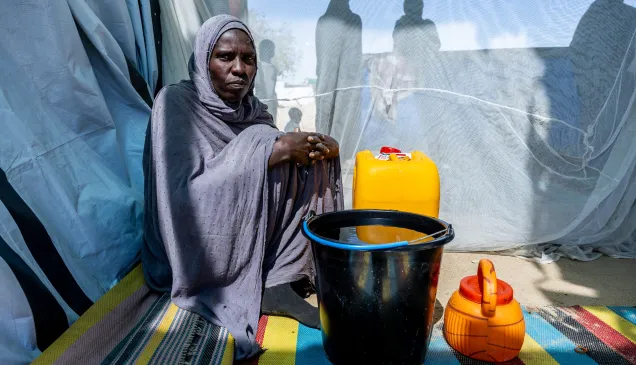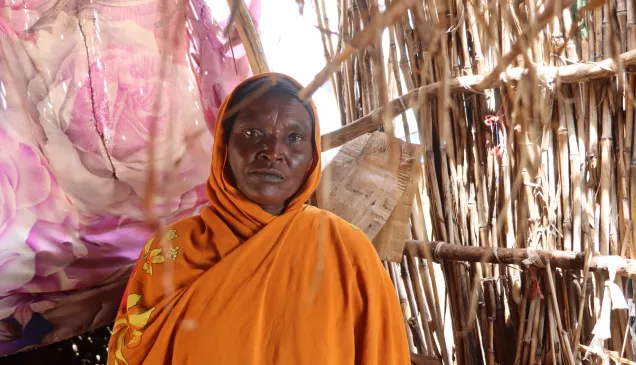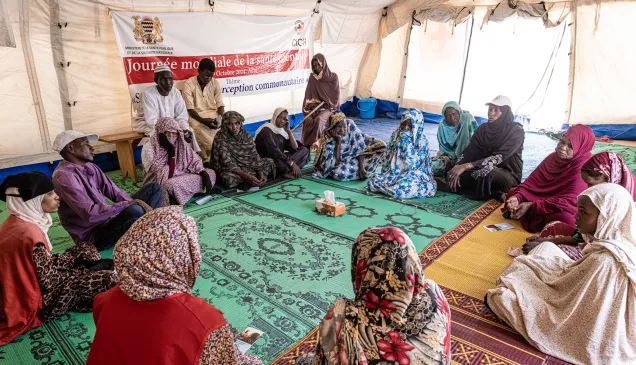Chad: Behind bars, detainees learn how to rebuild their lives
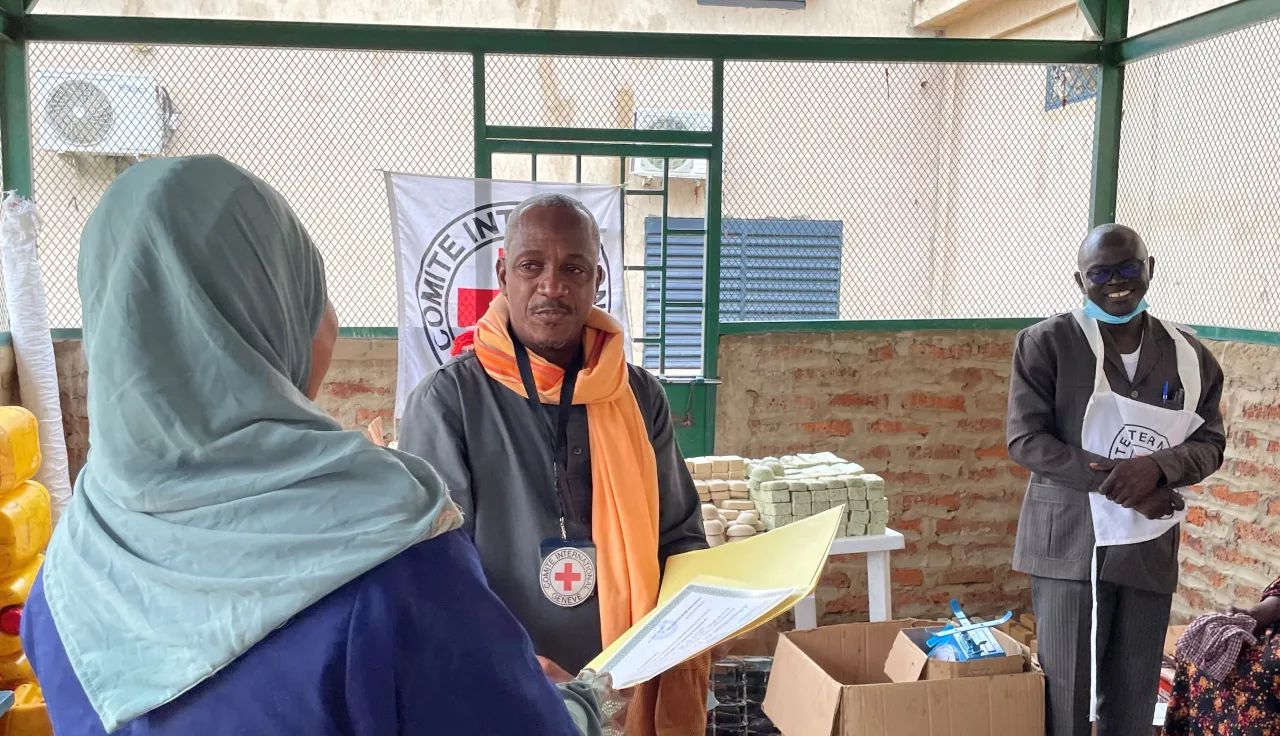
Every day at Klessoum Prison in N’Djamena, some of its inmates set about making soap – a far cry from the typical image of prison life. Since 2022, the prison’s inmates have been taking part in a programme run by the International Committee of the Red Cross (ICRC) that aims to transform their lives. The project teaches them skills that will help them reintegrate into society, improves hygiene conditions in the prison and broadens the horizons of people whom society all too often forgets.
Since the project was launched, a staggering 15,000 artisanal bars of soap have been made, involving 40 male and female inmates, who have acquired valuable skills. Klessoum Prison houses approximately 3,700 inmates who use the soap for personal hygiene and for washing their clothes, helping prevent diseases linked to poor hygiene. Not only does the project help improve living conditions, it also provides a rewarding activity.
Solkem Chantal Guerbaye, the deputy director of Klessoum Prison, highlights the positive impact of the project: “This initiative offers prisoners hope by showing them that the skills they acquire in prison can be of use to them once they are released.”
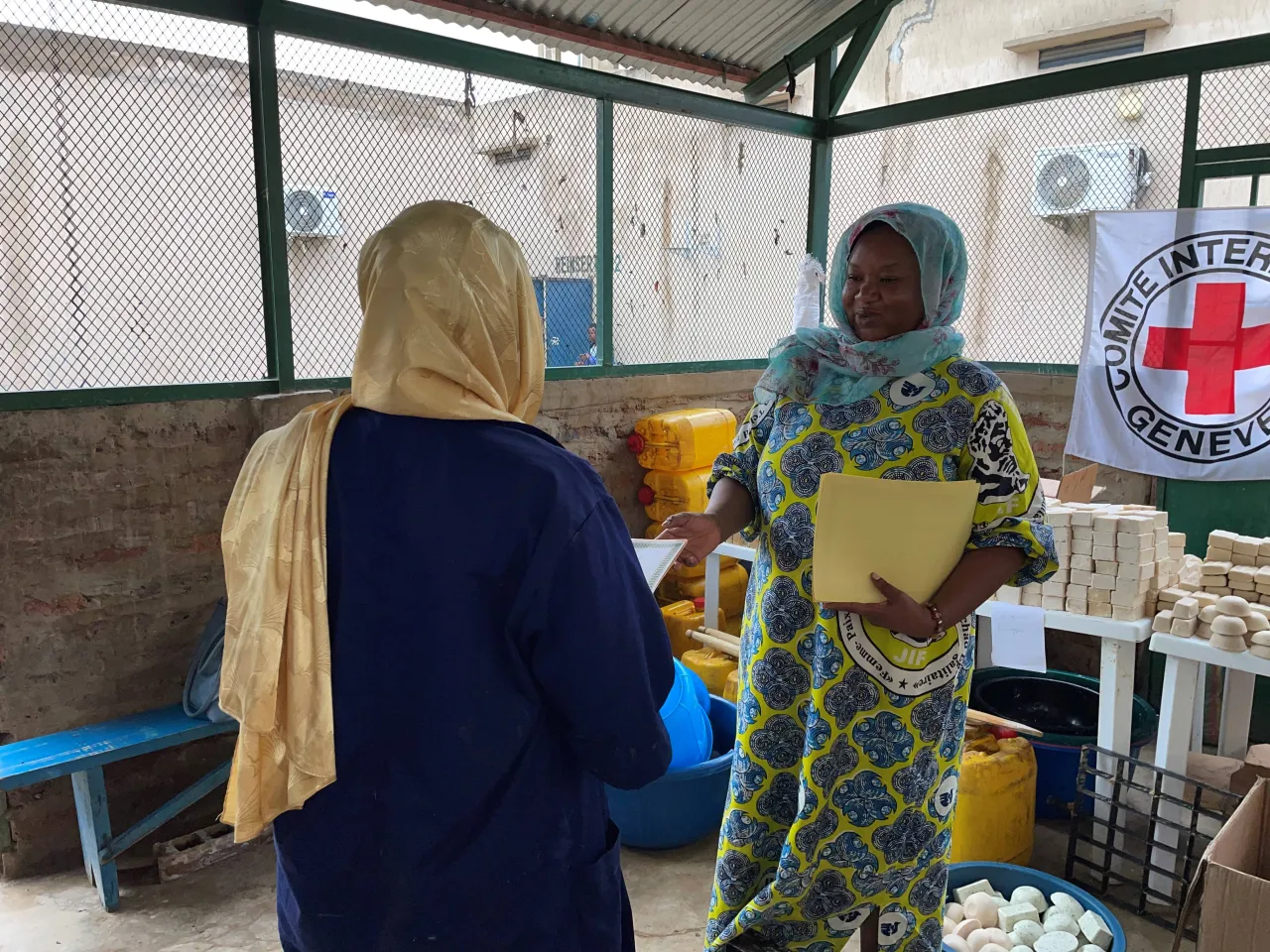
Photo: Cherif Abakar Oumar / ICRC
Photo: Cherif Abakar Oumar / ICRC
The project goes beyond simply improving living conditions inside the prison; it also aims to promote prisoners’ economic independence by producing soap from local agricultural ingredients. The ingredients used in the artisanal production are mainly peanut oil, shea butter, neem oil (margosa oil), spirulina (algae) and thorny mimosa, known locally as acacia. This approach makes the most of local resources while giving detainees skills for the future.
Dosso Lassana, an ICRC water and habitat programme coordinator, adds: “In the long term, we want to train detainees so that they can produce soap independently, which enables them to become economically independent and reintegrate into society.”
The soap-making initiative has two main objectives: first, to support prison authorities in implementing social reintegration projects within prisons, while allowing the ICRC to gradually reduce the direct assistance it provides; and second, to improve the ability of detainees to keep clean, while providing them with an income-generating activity that will help them re-enter society.
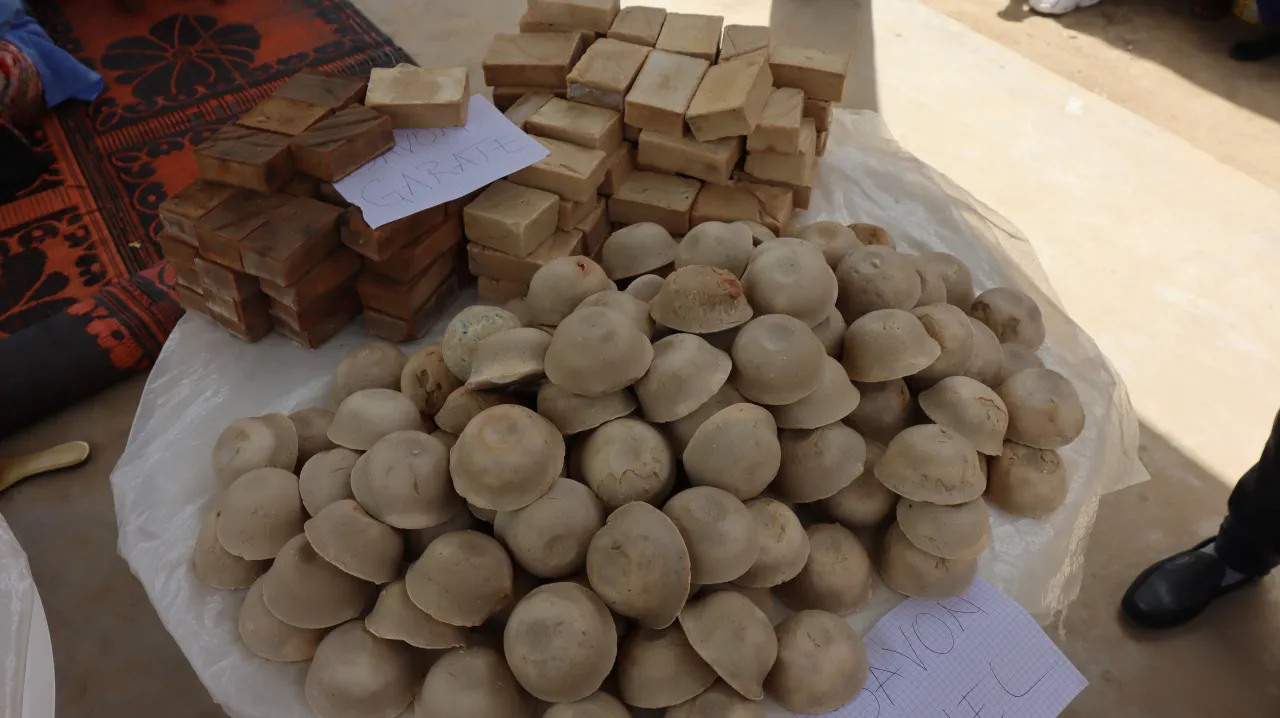
Photo: Cherif Abakar Oumar / ICRC
Photo: Cherif Abakar Oumar / ICRC
So far, the soap has only been used by the inmates inside the prison to keep clean. However, selling the soap outside the prison might be considered in the medium to long term, as it would help provide funds to buy local agricultural products and ensure that the project remains sustainable and production capacity can be met.
An external consultant provides training annually and regular refresher courses, offering inmates sustainable and practical skills.
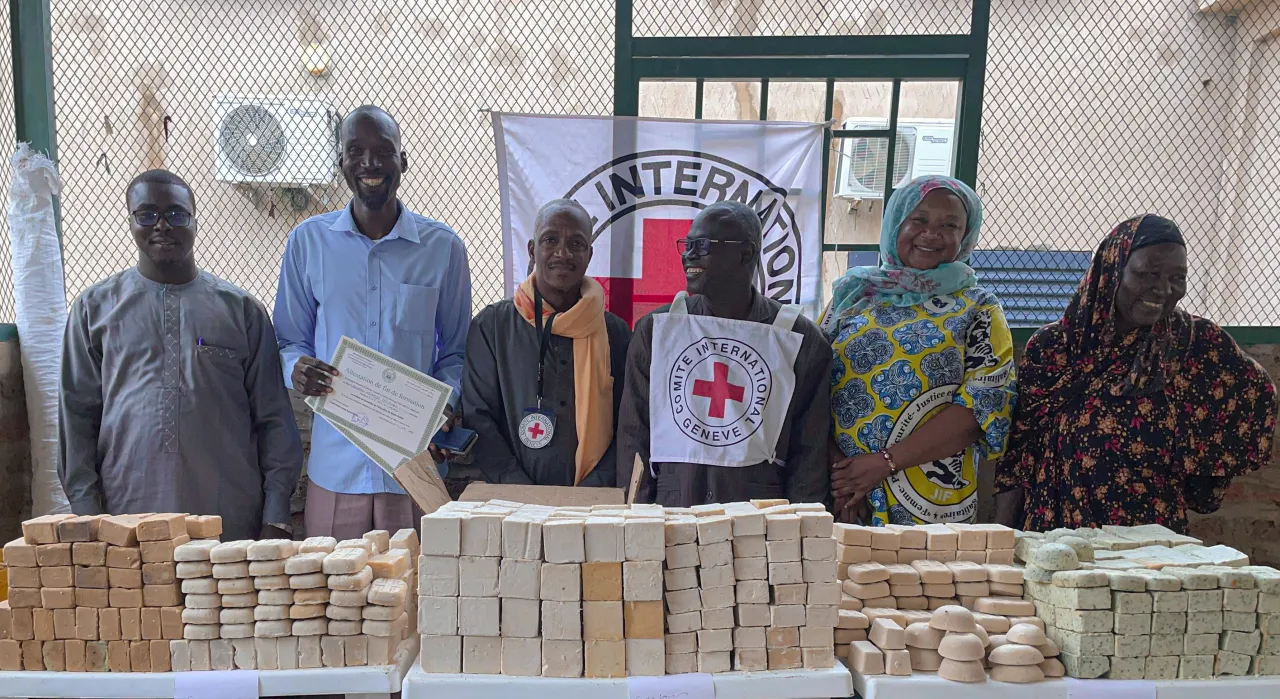
Photo: Cherif Abakar Oumar / ICRC
Photo: Cherif Abakar Oumar / ICRC
All detainees, regardless of the reason for their incarceration, must be treated with dignity and respect, in accordance with the ICRC’s principles, including the right to humane living conditions in detention, the right to be clean, the right to food and the right to access health care.
Although our focus is on people detained in relation to armed conflict, some of our activities benefit an entire prison population. Such activities might include providing technical support, advising on how to improve the management of detention facilities or even supporting a project like the one at Klessoum Prison.
This project to support people deprived of their liberty perfectly embodies our principles, by offering hope and a brighter future. As Nelson Mandela said: “To be free is not merely to cast off one’s chains, but to live in a way that respects and enhances the freedom of others.”

